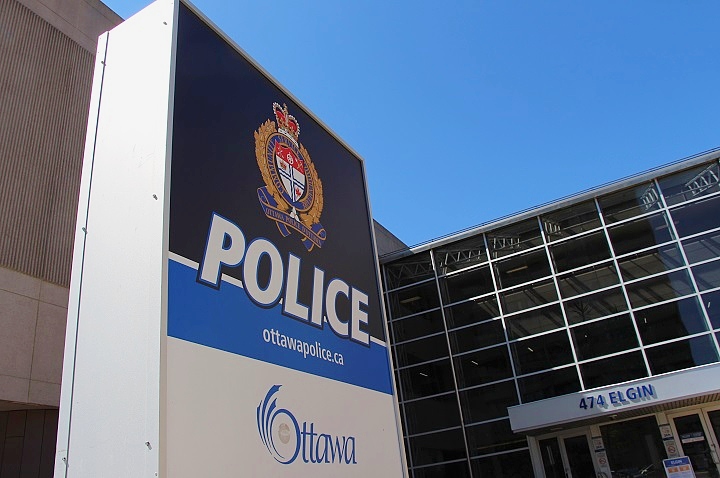The Ottawa Police Service will create a new strategy for responding to mental health emergencies as part of its upcoming annual budget.

The Ottawa Police Services Board (OPSB) provided a high-level look at this new strategy in response to a recent inquiry asking what the protocol is when police respond to a mental health emergency or when mental illness becomes a factor over the course of the call.
How police respond to individuals in the midst of a mental health crisis has been a question of focus this past week after Const. Daniel Montsion was acquitted of all charges in connection with the violent arrest of Abdirahman Abdi, who struggled with his mental health before his death in 2016.

Abdi’s mental health was a prominent topic in the criminal trial, as witnesses described the 37-year-old Somali-Canadian man as behaving erratically during a disturbance at a local coffee shop. The subsequent arrest saw Montsion and another officer strike Abdi multiple times in an attempt to pin him to the ground and arrest him.
Abdi died the next day in hospital.

Get weekly health news
Ottawa police union boss Matt Skof has said the case was not treated as a mental health call, but rather a criminal one, due to reports Abdi was groping patrons at the cafe.
Others, such as Somerset Coun. Catherine McKenney, have said a police response to someone suffering from mental health episode ends up criminalizing mental illness. They have a motion coming to city council next week asking the OPSB to prepare a report on alternative emergency response models.
The OPSB said in response to the initial inquiry that it will prepare a new three-year strategy to address mental health concerns as part of its 2021 budget deliberations.
The new strategy will be developed with partners in the mental health community and will see more training provided to officers to effectively de-escalate crises.
The plan will also look to improve the response capacity of the OPS mental health unit (MHU), which sees specialized officers paired up with mental health nurses from The Ottawa Hospital to answer calls.
According to the inquiry response, the OPS receives 6,000 calls related to mental health crises per year, a figure that doesn’t include the number of calls where mental illness later becomes an element.
The MHU also conducts roughly 40 check-in calls per day to follow up with individuals who had previously been in crisis. The new plan will look to better connect anyone who has interacted with the MHU with appropriate mental health services in the community.
The new strategy will also see improved screening by adding mental health professionals in the local 911 communications centre.
The OPSB said in its inquiry response that police have seen a year-over-year increase in the number of mental health-related calls they receive and acknowledged “the current system is not adequately addressing the needs of our community.”
The board also said mental health calls require a “disproportionate amount of officer time and effort,” adding that “mental health is a community issue, and it requires an all-of-community response.”









Comments